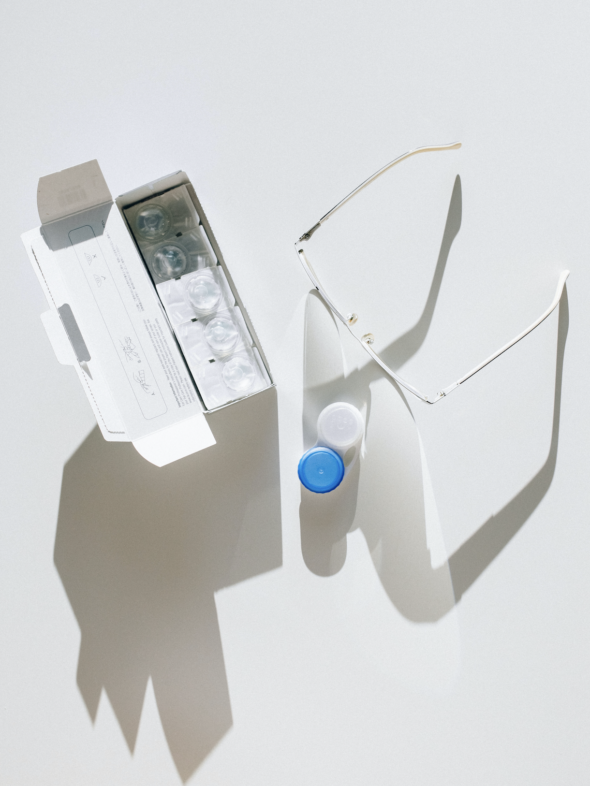
How Old Do You Have to Be to Wear Contacts?
Posted August 15, 2022If you have an active child, it may cross your mind to get them contact lenses instead of glasses – you may even hear them asking for contacts themselves! …But what things should you as a parent consider before making any major moves towards it?
As a parent, you are in an important position to decide if your child is able to carry the responsibility of contact lenses – at the end of the day, you are the person who knows your child best! No matter the age of your child, even if they’re a more mature teenager, you should consider their overall lifestyle and natural responsibility for things. Contacts come with a cost, so ensuring your child is responsible for this change will certainly create an impact on your wallet as the parent.
Finances aside, contacts require careful attention to personal hygiene and following instructions, so if you worry this may be too much for your child to worry about, it may be best to stick to glasses for a while longer. While finances and overall responsibility are two main factors to consider, let’s take a look at some of the other lifestyle factors that you should think about before making the switch.
Does your child participate in sports?
While there are a few reasons why you may want to steer away from contacts, one big reason to opt-in is the safety they provide in athletics. Glasses are not always safe while participating in sports related activities. If they were to break, this can put your eyes at serious risk. Contact lenses however, are a great way to continue participating in the activities you love, while keeping your eyes safe.
Is your child good with their personal hygiene?
To use contacts, this requires your child (or teen) to apply them with their fingers. That being said, keeping a high level of personal hygiene is a must. Without it, your child could risk serious infection or other vision related conditions. While many contacts can be used multiple times, some brands are disposable, giving you the ability to have a fresh pair each day. This can certainly help with the overall hygiene responsibility – but it can come with a greater financial burden.
Is your child good at being consistent?
It’s also important to gauge if your child is responsible for their own chores. If he or she has to be reminded about homework, brushing their teeth, or making their bed, remembering to take their contacts out daily might be a challenge. Leaving contacts in overnight can come with a variety of health concerns that are not worth the risk either.
All things considered, if your child or teen has a hobby or lifestyle that favors contacts over glasses, there’s typically a way to make the transition happen and be successful. If you have questions regarding contacts for your child, we encourage you to schedule an appointment so that we can assess the risks associated and help you make the best choice!
